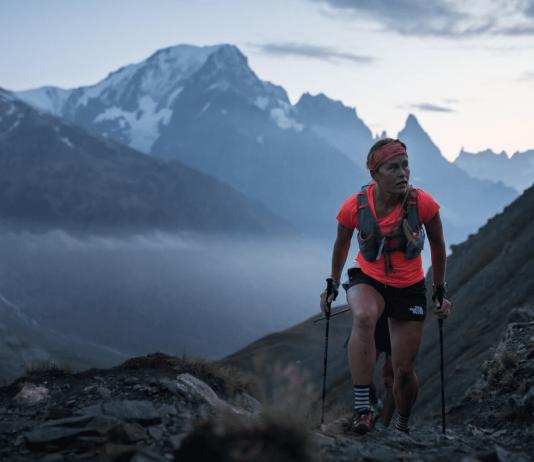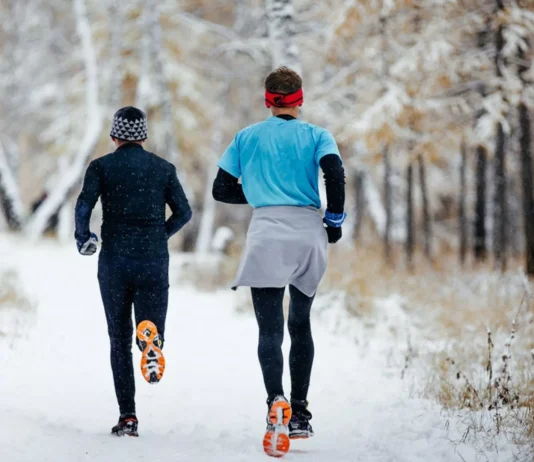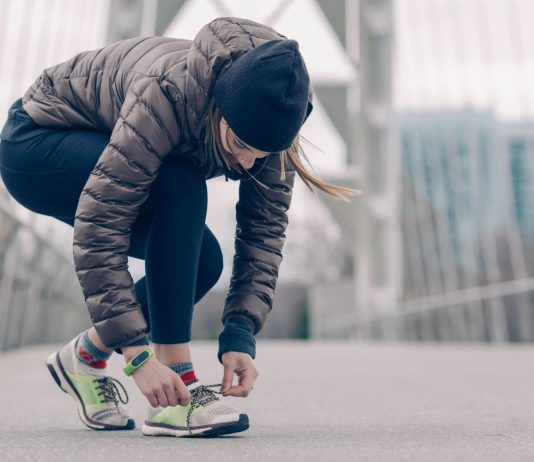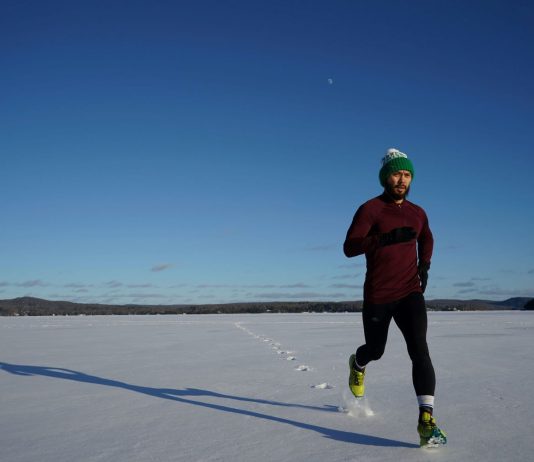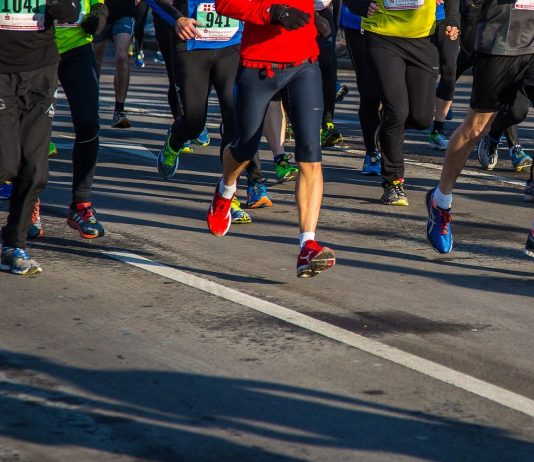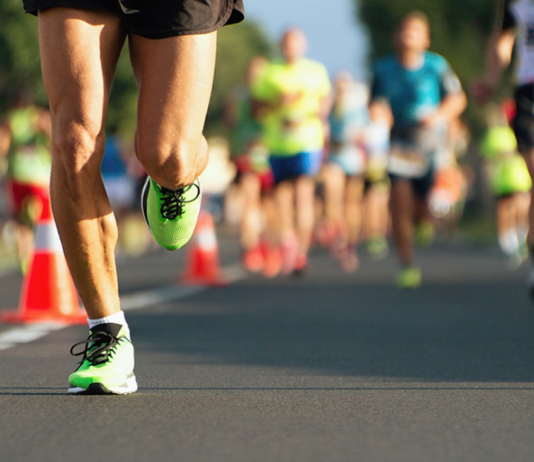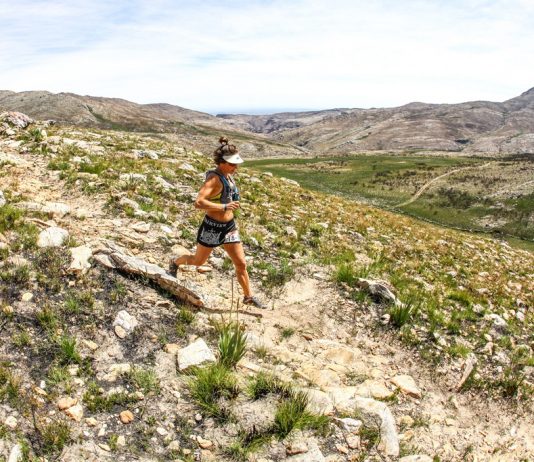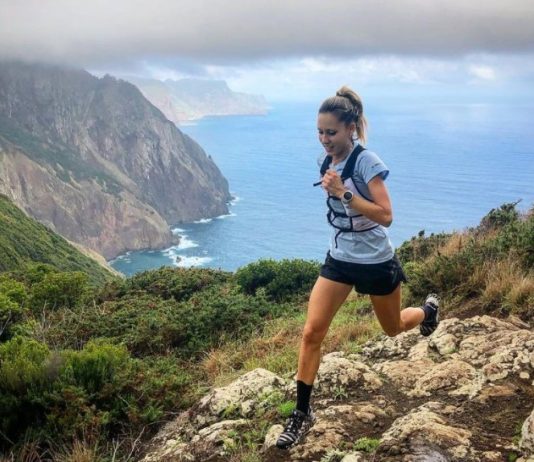In a pivotal endurance research gathering in England, Guillaume Millet presented a groundbreaking notion that challenged conventions: longer races might induce less muscle fatigue. His assertion that inefficiency could be strategic in certain contexts sheds light on the tactical role of walking within running strategies
Braving the cold for a run demands more than just donning the latest thermal gear. As temperatures plummet, one essential step often overlooked is the warm-up routine. Dr. Andrea Fradkin, an esteemed expert in exercise science at Bloomsburg University, underscores its critical importance, particularly in the face of wintry conditions.
As winter sets in, the prospect of an invigorating outdoor run competes with the challenges of navigating through heavy snow, treacherous ice, and the biting cold. The choice between facing the elements head-on or opting for the comfort of indoor activities, such as diving into a good book by the fireplace, presents a real quandary. Here are vital considerations for those contemplating a winter run:
When frost blankets the ground and trails hush in the northern hemisphere, it's the off-season's silent call for trail and ultra runners. Just as nature embraces dormancy, preparing for a resurgence, winter invites runners to pause, rebuild, and gear up for an injury-resistant forthcoming season.
Understanding the complexities of muscle cramps during exercise requires delving into the mechanisms behind neuromuscular control. Dr. Martin Schwellnus's theory on "Altered Neuromuscular Control" underscores the intricate balance of signals that govern muscle contractions. This imbalance leads to the overstimulation of muscles, resulting in cramps—a notion gaining significant traction among researchers.
Discover the Insider’s Guide to Marathon Cramps: From Causes to Proven Solutions
Runnerstribe Admin -
For seasoned runners and novices alike, cramps during a marathon are an unfortunate yet familiar experience. From the common stitches plaguing newcomers to full-body spasms encountered in endurance challenges, cramping remains an unwelcome companion throughout the running journey.
Conquering the Heat: Unveiling the Secrets to Thriving in High-Temperature Races
Runnerstribe Admin -
Tackling races under scorching conditions might seem like an uphill battle, but with strategic preparation and prudent tactics on race day, it’s a challenge within reach. While soaring temperatures inevitably slow down all runners, the key lies in savvy readiness to navigate these conditions.
As winter blankets the northern hemisphere, trail and ultrarunners face a familiar dilemma: the absence of suitable hilly landscapes for training. Across diverse geographical regions, these athletes encounter trails buried under snow, icy patches, or muddy terrain, severely limiting their training options. For those eyeing mountainous events, this lack of terrain access poses a significant hurdle. Thankfully, experienced runners have devised effective strategies to maintain their mountain running prowess.
Preparing for a 100-mile race isn't solely about physical training; it's a mental marathon as much as a physical one. It demands confronting weaknesses and mastering mental resilience as much as physical endurance, a lesson learned during my own Leadville 100 journey. Here, are the three mental exercises pivotal in readying oneself for the daunting distance.
Ultramarathon runners, even seasoned ones, often face unexpected stomach challenges during races. Pushing limits in extreme conditions can swiftly turn a promising race into a digestive disaster when the body rejects fuel.



